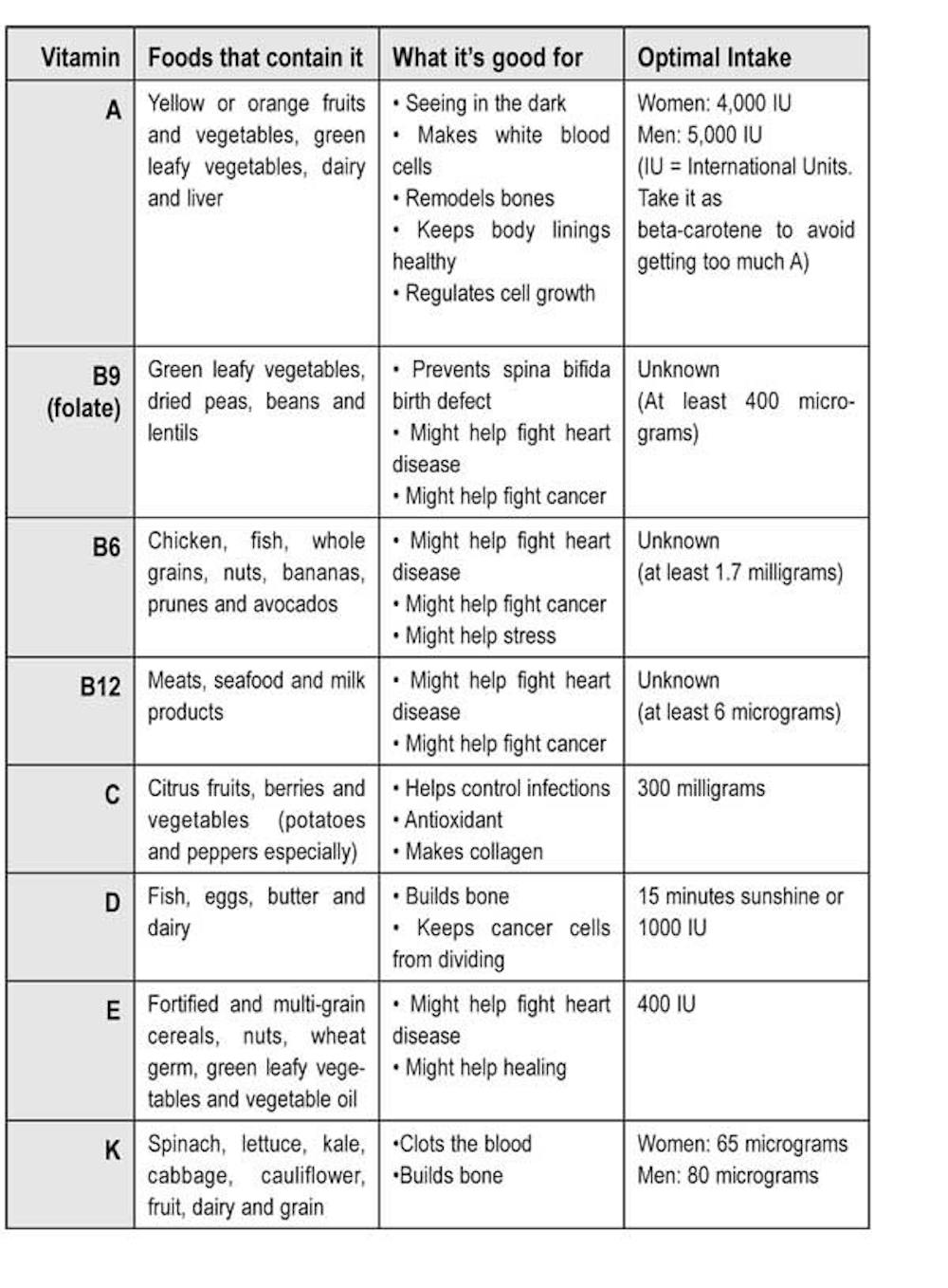by Peggy Spencer
Daily Lobo columnist
Dr. Peg,
I don't normally get many vitamins in my diet. So, sometimes I supplement with Emergen-C packets. Also, I take one whenever I have a hangover. My question is, can you take too many of these? Is it possible to have too many vitamins? Do they contain anything that's dangerous in large quantities?
Get content from The Daily Lobo delivered to your inbox
Reader,
Yes, it is possible to overdose on vitamins. It is also possible to be deficient. Neither is very likely in the average American diet. In fact, I was taught in medical school that our diets were just fine, and that adding vitamin supplements was just a waste of money. Since then, however, the thinking has changed. Many people have terribly non-nutritious diets. Also, vitamins are being found to have their own health benefits, and it turns out that supplementation is probably a
good idea.
A vitamin is a nutrient you have to get from food because your body can't make it from scratch. Vitamins have also been called micronutrients; we don't need much of them, since the body can use them as is without breaking them down any further. There are 13 vitamins.
If you are deficient in any vitamins, you can have serious health problems. For example, rickets - thin, fragile bones - comes from lack of vitamin D. Scurvy - bleeding sores and gums - comes from lack of vitamin C. British sailors got their "limey" nickname from the limes they ate to prevent scurvy.
Four of the vitamins - A, D, E and K - are fat soluble. This means that if you take too much of them, the vitamins can build up in your fat tissues and be potentially dangerous. Too much vitamin A can cause liver damage, hair loss and blurred vision; too much D can cause calcium buildup, interfering with muscle function; and too much E can cause muscular weakness, fatigue and hypertension. You get the idea.
The rest - Bs, C, E - are water soluble. This means they dissolve in your urine and are eliminated from your body. It's nearly impossible to overdose on these, but you can feel bad if you take too many. Too much C will give you a stomachache and diarrhea, and too much B-6 can cause numbness in the mouth and hands.
You asked about vitamin C for treating hangovers. This is one of many folk remedies, along with ginseng, green tea, honey, hair of the dog and others. None have been proven to help. The best remedy for a hangover is prevention.
The easiest way to get your vitamins, and the current expert recommendation, is to take a good multivitamin every day. Mineral supplements are a whole different issue, but I would add that an additional calcium supplement is a good idea for most people.
One good resource for vitamin information is Dr. Andrew Weil's Web site, DrWeil.com, where he has an individualized vitamin adviser questionnaire to help you make
decisions about which vitamins and supplements you might need.
The table below summarizes
current knowledge and recommendations about vitamins.
Peggy Spencer has been a UNM student health physician for 16 years. E-mail your questions to her at Pspencer@unm.edu. All questions will be considered and all questioners will remain anonymous. This column has general health information only and cannot replace a visit to a health care provider.






